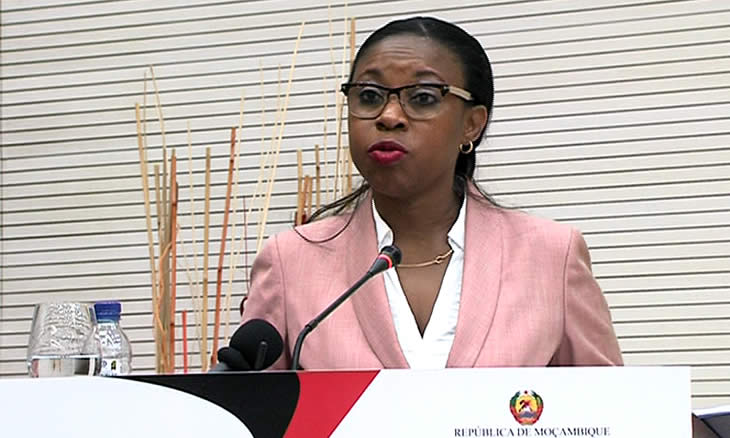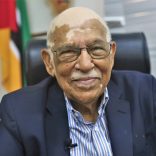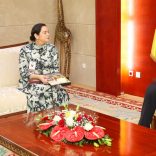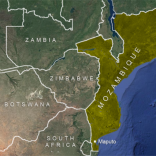Mozambique. Cholera vaccination planned for 1.7M people in five days in Nampula
More important to recover assets than to jail the corrupt – AIM report

Photo: O País
Mozambican Attorney-General Beatriz Buchili stressed on Wednesday that, in the fight against corruption, it is more important to recover stolen assets than simply throw criminals into jail.
Speaking at the opening of the annual national meeting of the Central Office for the Fight Against Corruption (GCC), Buchili said the assets deriving from criminal activity could take the form of money and property, in Mozambique and abroad.
“It’s true that we have been recovering assets, but not at the pace that would be desirable”, she added. All prosecutors should work on this, since the seizure of assets “is proof that crime does not pay”.
Buchili’s office is calling for the urgent establishment of a specific unit dedicated to the recovery of assets that would allow the State to regain what was looted from it, or is otherwise the result of criminal endeavours. She hoped that the government will shortly approve the creation of this unit.
But the lack of adequate data bases, and of computerised information, “makes it difficult to identify assets and who holds them, and this has a negative impact on the speed of investigations”, Buchili said.
She wanted prosecutors, particularly those working in the anti-corruption offices, and agents of the Criminal Investigation Service (SERNIC), to have direct access to the necessary data bases.
Assets should be properly registered, she stressed, which required a more organised and dynamic attitude from the registry offices, and from municipal and district administrations.
“The administrative authorities should have organised registers of the plots of land under their jurisdiction, and should control the entire process of allocating land use rights”, Buchili added. “This is a contribution they can make to preventing and fighting organised crime such as corruption and money-laundering”.
She criticised the commercial banks for failing to communicate to the authorities suspicious financial transactions. This lack of cooperation from the banks could make it impossible to recover assets, since the banking system was being used to move them out of the country.
“We are working with the Bank of Mozambique, as the regulator, to ensure that all banks proceed in accordance with the law”, she added. Buchili warned that banks who violate these norms could be charged with obstruction of justice.
The Attorney-General also stressed the need for international cooperation in the fight against corruption and other economic and financial crimes. This cooperation was key given the sophistication of modern international criminal networks.
The investigation of these crimes, she said, “is not compatible with the traditional mechanisms of cooperation between states. We need to create internal capacity which allows us to explore the paths recommended by the international legal instruments that are now the reference points.
She called for an assessment of the efforts made to comply with Mozambique’s international obligations in complying with international conventions, not only on corruption, but also on money laundering and drug trafficking”.
“The struggle against corruption should be the task of all of us”, Buchili declared. She called for a moral drive in society, “particularly in training young people with ethical values that allows us to foresee a country free of this scourge”.
She attacked the gesture of drawing up anti-corruption plans and then not providing the money to make them operational.
The government’s Public Administration Reform Strategy envisaged that all bodies of the public administration should have their own plans for fighting corruption. But the Attorney-General’s Office had found that “only a few institutions have these plans, and even those that exist are not functioning because they have not been allocated any funds”.













Leave a Reply
Be the First to Comment!
You must be logged in to post a comment.
You must be logged in to post a comment.